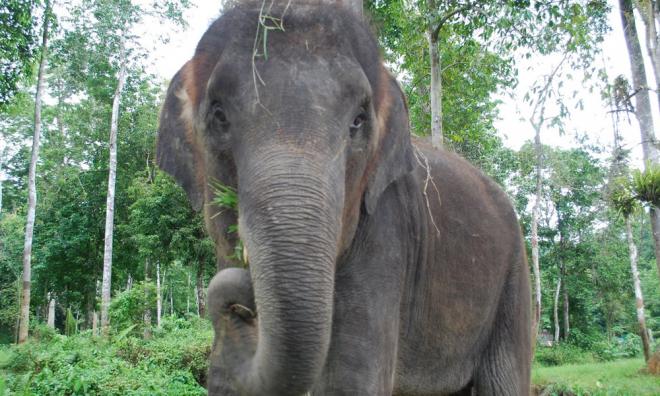
Fifty to 60 elephants reported dead in the last 10 years in Sabah were due to poisoning, said Sabah Wildlife Department deputy director Dr Sen Nathan.
"Every elephant in the state is exposed to poison, either from plants, the environment or the plantation area," he told reporters here today.
According to Dr Sen Nathan, the department is cooperating with the National Poison Centre in the research and investigation of elephant poisoning in Sabah which has led to the death of the protected animal.
He said the cooperation with the National Poison Centre started in March but was delayed following the implementation of the movement control order (MCO).
"But we will continue the project later to determine the cause of elephant poisoning," he said.
Dr Sen Nathan said elephants which were caught and released into the wild were also exposed to low-risk poisoning.
However, the issue of elephant poisoning in the area is not a concern as most farms have adopted a farming system that can protect the animals.
"What we want to know is whether they were poisoned with intention or not," he said.
He said the department would conduct a field study starting August this year to obtain a complete data on elephant population in the state through funds from the Malaysian Palm Oil Council.
According to the data, 12 years ago the population of elephants in Sabah was 2000 and the largest herd was found in Mount Rara Forest Reserve with up to 600, Tabin Forest Reserve (about 500) and in Kinabatangan (300).
"It's time to create new data as the human-elephant conflict is on the rise especially in the area of habitat. We will also meet all the plantation owners to do a survey and to get data holistically," he added.
- Bernama


No comments:
Post a Comment
Note: Only a member of this blog may post a comment.